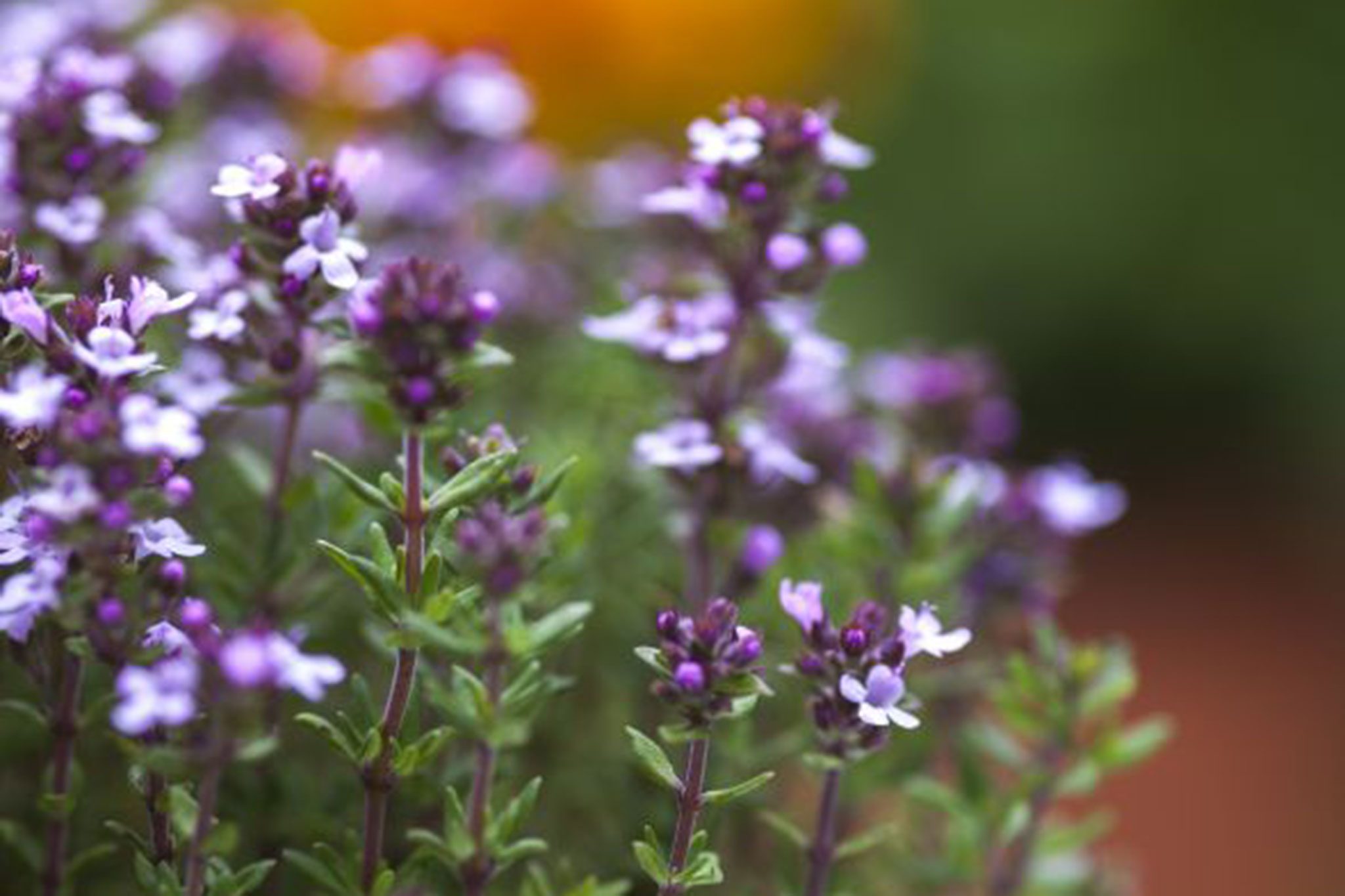
The thymus might not be as famous as the heart or brain, but it's a vital part of your immune system. Located in the upper chest, this small organ plays a big role in developing T-cells, which help your body fight infections. Did you know the thymus is most active during childhood and shrinks as you age? This process is called involution. Interestingly, the thymus was once thought to be useless in adults, but recent studies show it still has some functions. Want to learn more about this fascinating organ? Here are 30 facts that will surprise you about the thymus!
What is the Thymus?
The thymus is a small organ located in the upper chest, beneath the breastbone. It plays a crucial role in the immune system, particularly during early life. Let's dive into some fascinating facts about this often-overlooked gland.
- The thymus is part of the lymphatic system, which helps protect the body from infections and diseases.
- It is most active during childhood and adolescence, gradually shrinking as one ages.
- The thymus produces T-cells, a type of white blood cell essential for immune response.
- T-cells mature in the thymus before being released into the bloodstream to fight off pathogens.
- The thymus is named after the Greek word "thymos," meaning "soul" or "spirit," reflecting its importance in health.
Thymus Structure and Function
Understanding the structure and function of the thymus can provide insight into its vital role in the body.
- The thymus consists of two lobes, each divided into smaller lobules.
- Each lobule contains an outer cortex and an inner medulla, where different stages of T-cell development occur.
- The cortex is densely packed with immature T-cells, while the medulla contains mature T-cells.
- The thymus also contains epithelial cells, which help support T-cell development.
- Hassall's corpuscles, unique structures found in the medulla, play a role in the maturation of T-cells.
Thymus and the Immune System
The thymus is a key player in the immune system, ensuring the body can effectively combat infections.
- T-cells produced by the thymus are crucial for adaptive immunity, which targets specific pathogens.
- The thymus helps prevent autoimmune diseases by eliminating T-cells that attack the body's own tissues.
- Thymic hormones, such as thymosin, promote the development and function of T-cells.
- The thymus also influences the development of other immune cells, such as B-cells.
- A healthy thymus is essential for maintaining a balanced and effective immune response.
Thymus Changes Over Time
The thymus undergoes significant changes throughout a person's life, impacting its function and size.
- The thymus is largest and most active during childhood, peaking around puberty.
- After puberty, the thymus begins to shrink, a process known as involution.
- By middle age, the thymus is mostly replaced by fatty tissue, though some functional tissue remains.
- Despite its reduced size, the thymus continues to produce T-cells throughout life.
- Thymic involution is associated with a decline in immune function, making older adults more susceptible to infections.
Thymus-Related Disorders
Several disorders can affect the thymus, impacting its ability to support the immune system.
- Thymic hyperplasia is an enlargement of the thymus, often associated with autoimmune diseases like myasthenia gravis.
- Thymomas are tumors that develop in the thymus, which can be benign or malignant.
- Thymic carcinoma is a rare, aggressive cancer originating in the thymus.
- DiGeorge syndrome is a genetic disorder that affects thymus development, leading to immune deficiencies.
- Thymectomy, the surgical removal of the thymus, is sometimes performed to treat thymus-related disorders.
Interesting Facts About the Thymus
Here are some additional intriguing tidbits about the thymus that highlight its unique characteristics.
- The thymus is one of the first organs to develop in the fetus, starting around the 8th week of gestation.
- Ancient Greek physicians believed the thymus was the seat of emotions and vitality.
- The thymus can regenerate to some extent, especially in younger individuals.
- Thymic peptides, small proteins produced by the thymus, have potential therapeutic applications for immune-related diseases.
- Research on the thymus continues to uncover new insights into its role in health and disease.
The Thymus: A Small but Mighty Organ
The thymus might be small, but it plays a huge role in keeping us healthy. Located just above the heart, this gland is crucial for developing T-cells, which are essential for our immune system. Without it, our bodies would struggle to fight off infections and diseases. The thymus is most active during childhood, gradually shrinking as we age. Despite its size, its impact on our health is immense.
Understanding the thymus helps us appreciate how our bodies defend against illnesses. It’s fascinating how such a tiny organ can have such a significant effect on our well-being. Next time you think about your immune system, remember the thymus and its vital role. Stay curious and keep learning about the amazing ways our bodies work to keep us healthy.
Was this page helpful?
Our commitment to delivering trustworthy and engaging content is at the heart of what we do. Each fact on our site is contributed by real users like you, bringing a wealth of diverse insights and information. To ensure the highest standards of accuracy and reliability, our dedicated editors meticulously review each submission. This process guarantees that the facts we share are not only fascinating but also credible. Trust in our commitment to quality and authenticity as you explore and learn with us.
